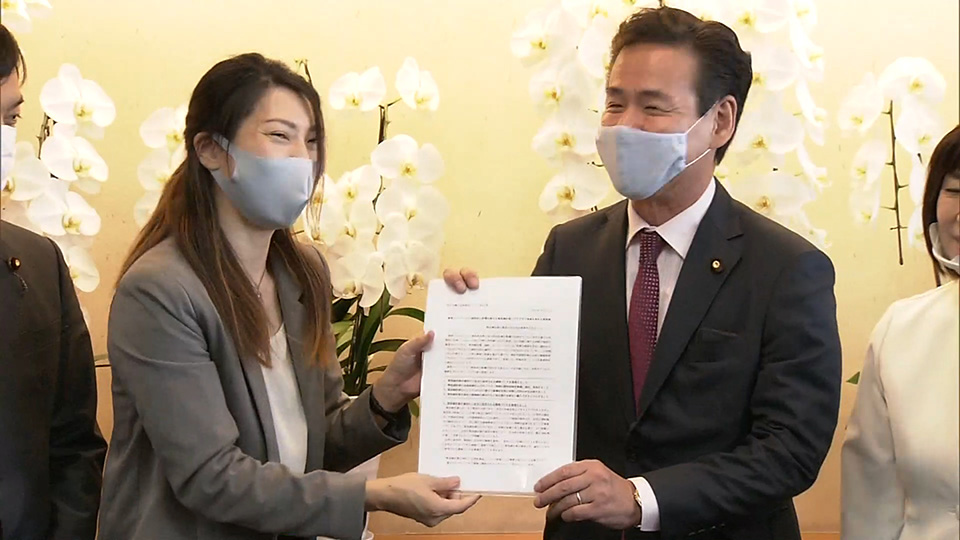Someya Asuka is the director of a non-profit group that’s calling for access to emergency contraceptive pills without the need for a doctor’s prescription. During the pandemic, her organization has been answering pregnancy questions mostly through email. She says the number of queries has quadrupled.
“We believe some of the people who got in touch were the victims of sexual assault or domestic violence,” she says. “Some of them needed pills but gave up because they didn't want to see a gynecologist.”
Doctors recommend taking the type of emergency contraceptive available in Japan within 72 hours of intercourse. The WHO classifies it as an essential medicine and many countries offer it over-the-counter at pharmacies.
Japanese regulators approved use of the pill with a doctor’s prescription back in 2011. But the health ministry refused a demand that it be made available over-the-counter, claiming that Japanese sex education lagged behind that of Europe and the United States. Officials said this made it more likely that the pill would be misused or abused.
Enmi Sakiko, an obstetrician and gynecologist, says this largely unprovable assertion is made irrelevant anyway by the crucial nature of the medication.
“It’s necessary in cases of rape,” she says. “No matter how much sex education improves, we still need to be prepared for this worst-case scenario, which can happen to anyone. We need a society in which anyone can access emergency contraceptive pills.”
This October, Someya’s group submitted a petition to the health ministry calling for prescription-free access to the pill. They had collected more than 100,000 signatures.

The group is part of a chorus of public opinion that has pushed the government toward action. The Suga administration presented a plan to promote gender equality on December 25, and access to emergency contraception without prescription is one of the included issues.
A health ministry survey shows that 160,000 women had abortions in fiscal year 2018. Teenagers and women in their 20s accounted for half of these cases. And in that same year, 41% of child abuse cases resulting in death involved infants who had not yet reached their first birthday.
Someya says unintended pregnancies are one of the factors behind these abortion and child abuse figures, and says it’s essential to increase choice and create a society where women can live without worry.
This article has been edited to clarify that only emergency contraceptives with a 72-hour window are available in Japan.

